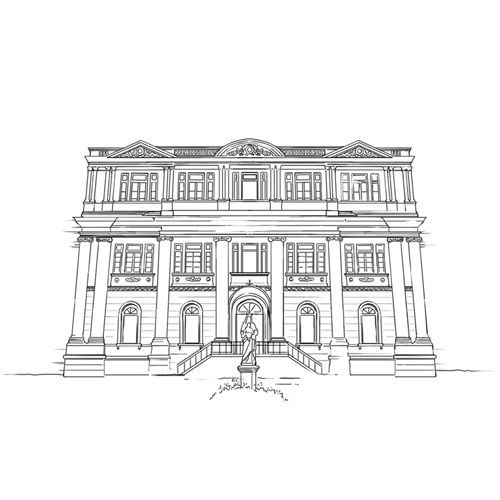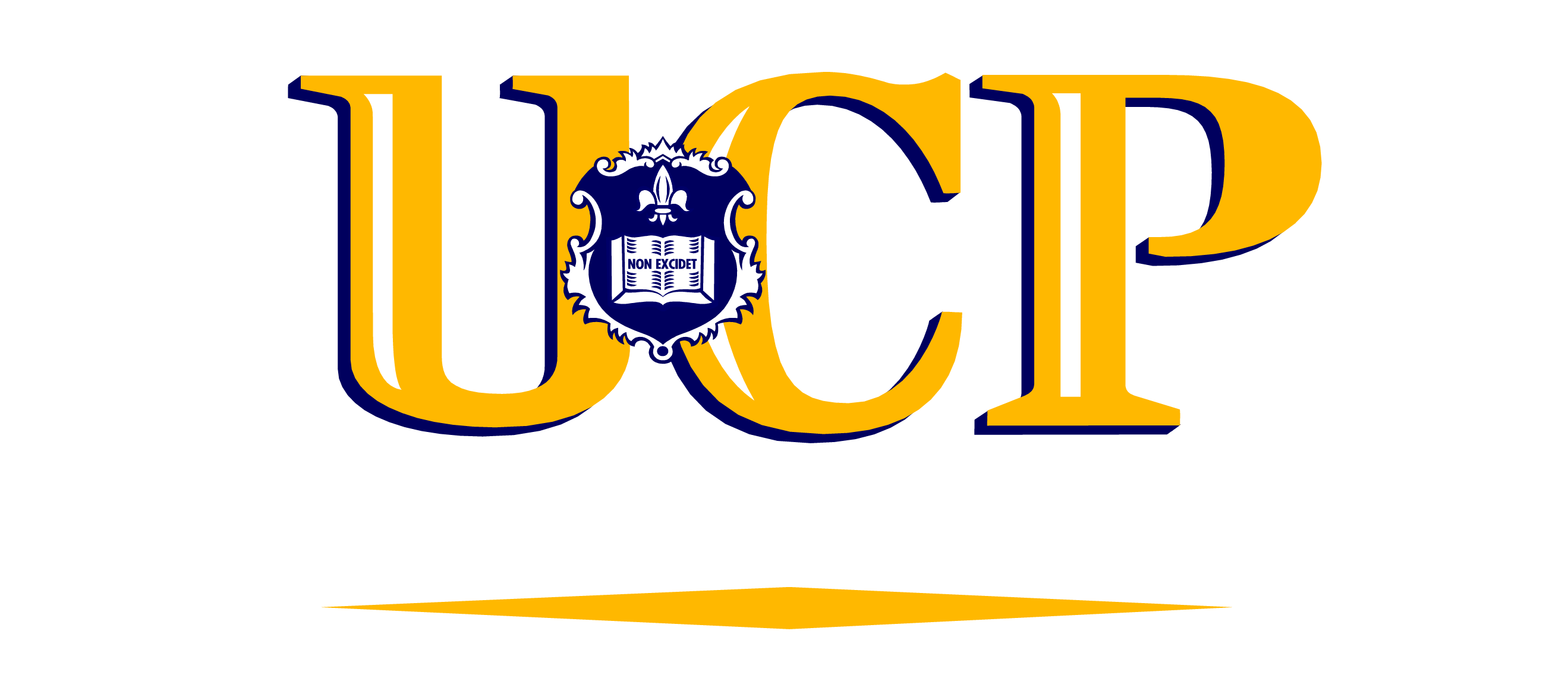Area of Focus:
Education
Research Line 01: Educational Institutions, Public Policies, Educational Practices
This line of research aims to analyse the relations between public policies and educational practices in regards not only to those involved in establishing them, but also the institutions themselves in which they work, having as a focus both social processes – those already instituted and those which can be instituted, as well as the practices of these institutions.
Research Line 02: Educational Processes, Culture, Technologies
This line of research aims to analyse the relations between formal and informal education, as well as culture, focusing on issues regarding educational processes and cultural mediation: social uses of new technologies and the constitution of social processes which relate difference and inequality.







